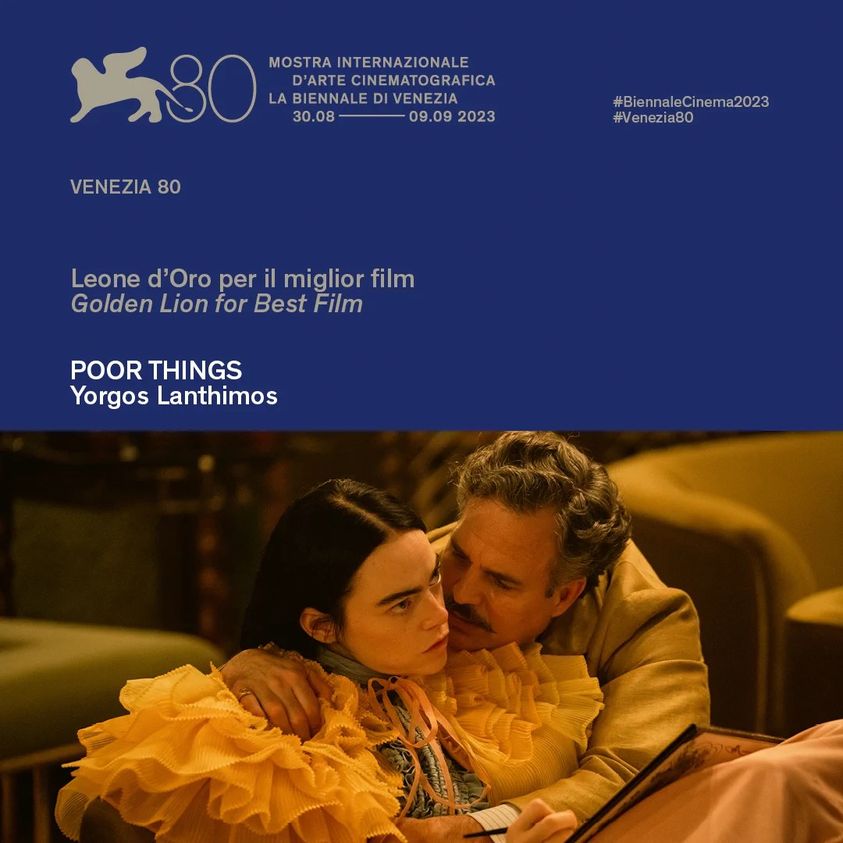Alasdair Gray on Poor Things


Yorgos Lanthimos’s adaptation of Alasdair Gray’s novel Poor Things (1992) has won the Golden Lion at the 2023 Biennale di Venezia. In a series of recordings made in the last year of his life, Alasdair Gray talks about the novel and reads some extracts from it – as well as discussing some of the works which influenced his writing, from Thomas Love Peacock’s Nightmare Abbey (1818) to Mel Brooks’ Young Frankenstein (1974).
Listen here:
[from the Association for Scottish Literature]

Yep, Alasdair is one of Europe’s finest postmodern (intertextual) artists, his work being a product of his wide reading of world culture rather than his nominal ‘Scottishness’. Yorgos Lanthimos’s film, Poor Things, is likewise a product of intertextuality and much more than a ‘Greek’ adaptation of a ‘Scottish’ novel.
I haven’t seen the films that were in the running for the 2023, so I can make no judgement as to whether or not Yorgos’s film is the best of the bunch. But I’m looking forward to seeing it; it sounds as if its a beautiful piece of work. I hope it lives up to all the hype.
Aye, he is Scottish though.
Well, he was. He’s deid nou; he no longer participates in the civic life of our imagined community. But, when he was alive, he was (as I said) nominally ‘Scottish’.
His work, though, transcends his nominal ‘Scottishness’. It’s no more ‘Scottish’ than Yorgos Lanthimos’s work is ‘Greek’.
I know he’s deid. He was and is Scottish. His appeal is international, of course.
I’m not sure Alasdair ‘is’ anything now; I’ve yet to see a convincing argument for life after death. But he certainly was ‘Scottish’ when he was still participating in the civic life of that imagined community (and which he helped to re-imagine in our postmodern times).
I’d also be loth to belittle the universal significance of his work by parochialising it as ‘Scottish’. Art respects and recognises no borders; it’s not delimited or constrained by such artificial discriminations. The work that Alasdair left behind – his ‘trace’, as it were – transcends his Scottishness.
“I’d also be loth to belittle the universal significance of his work by parochialising it as ‘Scottish’.” Aye, no doubt you would, as you’re being deliberately obtuse, but he (and his work) live on in my heart, ergo he is “something”. And he is, was and always will be Scottish. Put that in (whichever number you’re using today’s) pipe and puff away, a caraid.